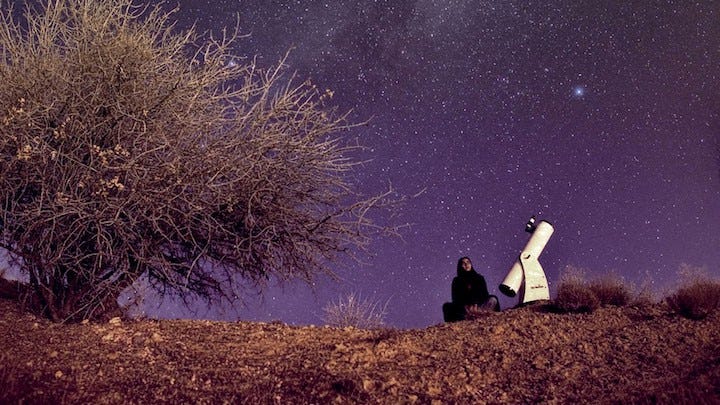‘Sepideh — Reaching for the Stars’ Review
Sepideh — Reaching for the Stars begins with its main character watching another documentary, Christian Frei’s excellent, under-seen Space Tourists. That film follows, in one of its three intercut narratives, the paid spaceflight participation of multi-millionaire Anousheh Ansari. She was the first Iranian in space and so became a hero to Sepideh Hooshy…
Keep reading with a 7-day free trial
Subscribe to Nonfics to keep reading this post and get 7 days of free access to the full post archives.




